The Bengal cat is a domesticated cat breed created from hybrids of domestic cats, especially the spotted Egyptian Mau, with the Asian leopard cat (Prionailurus bengalensis). The breed name comes from the leopard cat's taxonomic name.
Bengals have a wild appearance; their golden shimmer comes from their Leopard Cat ancestry, and their coats may show spots, rosettes, arrowhead markings, or marbling. They are an energetic breed which needs much exercise and play.
Responsible Bengal breeders learn which recessive genes their breeding cats carry. The most pressing concerns when breeding Bengals are hypertrophic cardiomyopathy (HCM), progressive retinal atrophy and pyruvate kinase deficiency. Cat breeders must be aware of all current breed specific testing. Bengal breeders should do all available testing to ensure they are not breeding cats with health problems.
HCM screening is a topic which Bengal breeders may debate. HCM can develop in their Bengal cats at any point in time, including soon after annual HCM screening. It is best practice to screen all Bengal cats used in breeding programs: HCM screening by a cardiologist is the only useful test that exists for Bengals and Bengal breeders in 2019. Responsible and consistent screening makes the breed healthier as breeders seek to eliminate cats that screen positive for HCM.
Bengals have a wild appearance; their golden shimmer comes from their Leopard Cat ancestry, and their coats may show spots, rosettes, arrowhead markings, or marbling. They are an energetic breed which needs much exercise and play.
Responsible Bengal breeders learn which recessive genes their breeding cats carry. The most pressing concerns when breeding Bengals are hypertrophic cardiomyopathy (HCM), progressive retinal atrophy and pyruvate kinase deficiency. Cat breeders must be aware of all current breed specific testing. Bengal breeders should do all available testing to ensure they are not breeding cats with health problems.
HCM screening is a topic which Bengal breeders may debate. HCM can develop in their Bengal cats at any point in time, including soon after annual HCM screening. It is best practice to screen all Bengal cats used in breeding programs: HCM screening by a cardiologist is the only useful test that exists for Bengals and Bengal breeders in 2019. Responsible and consistent screening makes the breed healthier as breeders seek to eliminate cats that screen positive for HCM.
- Catégories
- Chats de Race Bengal
- Mots-clés
- cat, kitty, pussy cat








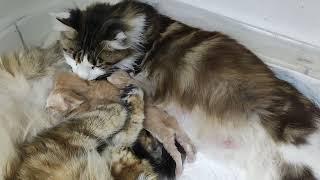
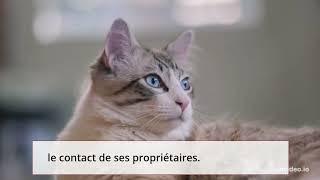
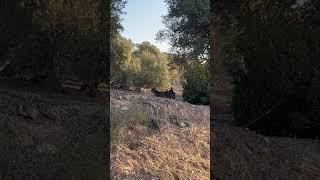
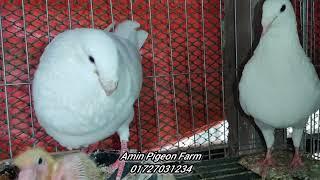
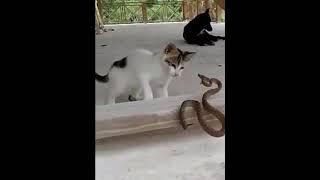


Commentaires